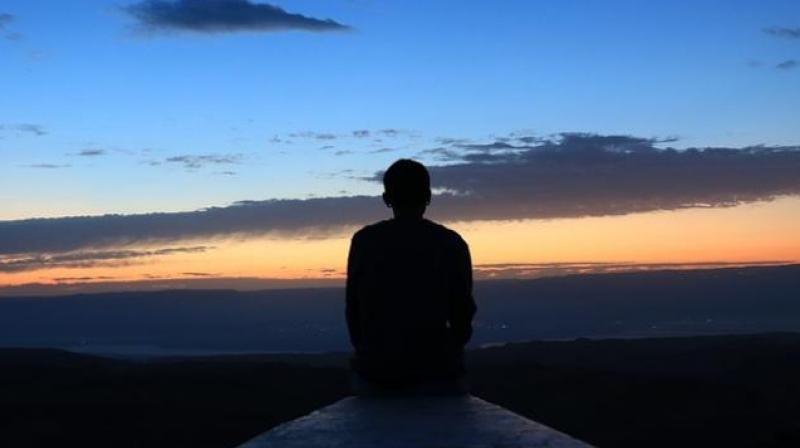On the contrary: Black and Blue

Some years ago I happened to be embroiled in a discussion with a group of NRI's, I beg your pardon, Asian Americans, on the touchy subject of what exactly constituted American culture. Is it a bird, is it a plane, no it's Superman...whatever. As you can imagine, a bunch of theories were floated and rejected as falling short of the "Mom and Apple-Pie" standard; baseball, coke and hamburgers being three notable examples. Until some blowhard had a Eureka moment when he claimed that blues is one of the few truly distinctive art forms that America has contributed to the world of culture. Interestingly, all the brown guys preened and patted themselves on the back at this 'discovery', while the white guys had that "who farted" look on their faces. Because, as any trust-funded, Trump-supporting yuppie knows deep down in what passes for his soul: da blues be black, like totally.
Of course there will be some pedantic jazz buff who will 'take five' to whine about the purity of Coltrane or some other icon until he is confronted with the historical evidence that blues and jazz are branches of the same tree. Speaking of which, jazzmen are definitely swinging on the lower branches of musical evolution. Blues has its roots in the Mississippi delta with its heart and soul defined by bluesmen who plucked cotton by day and steel guitar by night. As an art form, it is rooted in angst and deprivation, a richly imagined black vernacular that gives segregationists and white supremacists a serious ass-kicking. Given that its main practitioners were simple rural migrants venturing out into the big cities in search of work, it is refreshingly honest and down to earth.
Of course as any right-thinking, PC preppie will solemnly inform you, the Equal Rights Amendment was supposed to change all that. However, much like our reservation policy, reforms remained on paper because this was a piece of feel-good legislation that promised freedom without equality. Down South in the Rust Belt with more than its fair share of rednecks and good ol' boys, covert segregation was still the norm. Ironically, blues bars were probably one of the few places where black and white musicians shared a stage and mingled with some degree of harmony. Hells bells, only Michael Jackson may have missed the irony when he crooned, "Don't dream about my baby, it don't matter if your black or white." Ooh, really? Incidentally, 90% of Elvis's top hits have been poached from blues musicians.
Blues has its own dark history of slavery and oppression; in fact the very word connotes a melancholy frame of mind: Dude, leave him alone, he's got a case of the blues. Although blues sprang from a wellspring of misery and deprivation, this was upbeat music belted out in a manner calculated to drive the blues away. It was sassy and irreverent and jump-blues numbers like, Caldonia, for example, had folks jitterbugging on the sawdust floors. Initially, bluesmen played private parties where they filled in as background entertainers with an acoustic guitar and a harmonica.
Electronic amplification happened in the 70's, presumably to counter the noise levels generated by drunken party animals. Some years ago, I promoted a blues band, Bernie Clarke and the Rhythm Sharks who delighted Bangalore audiences with their inimitable blend of Chicago, Texas and West Coast Blues spiced with some Memphis Soul. They played second fiddle, literally, to a major name in the blues world: Joe Beard, who was married to Muddy Water's sister. Joe languished in obscurity, working as an electrician by day and playing tight, smoky sets for a discerning audience on Jefferson Avenue by night.
House of Blues and Lopez's Steakhouse weren't very high on Rochester County's list of cultural hot spots which is why Joe had to wait ten years in obscurity for his break. Now he's a major name in the industry having launched three albums with the Audioquest label to considerable critical acclaim. The social anthropology of blues is the theme of Hari Kunzru's novel, "White Tears" which I urge you to read. The sub-plot deals with the potential of vintage 78 rpm vinyl discs to store repressed memories as well as bring them into an unstable present where mass shootings on social media are the new digital porn. We may have swapped vinyl for digital but as recent events have shown us, deep down we remain a primitive species.

